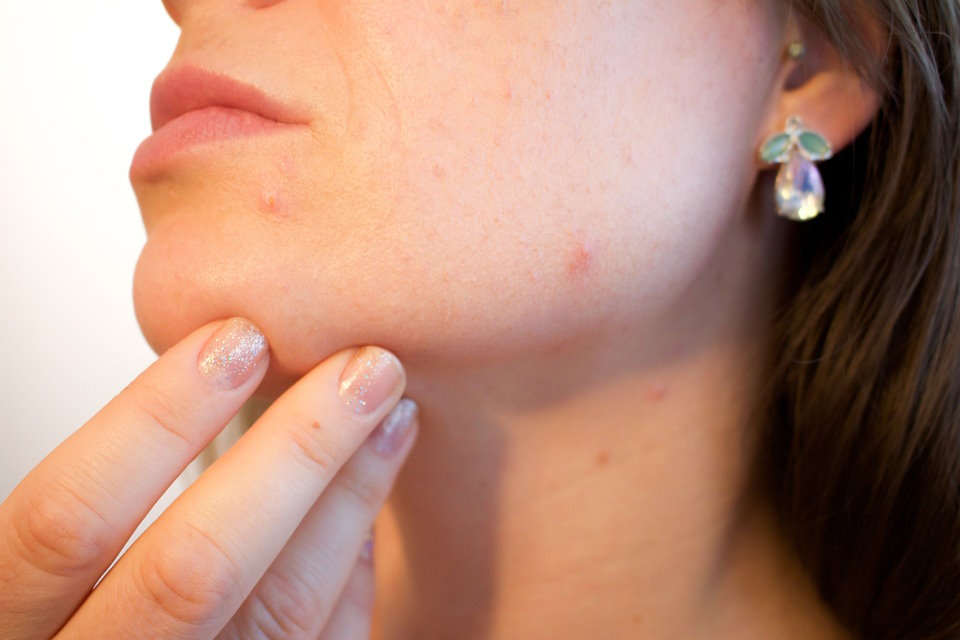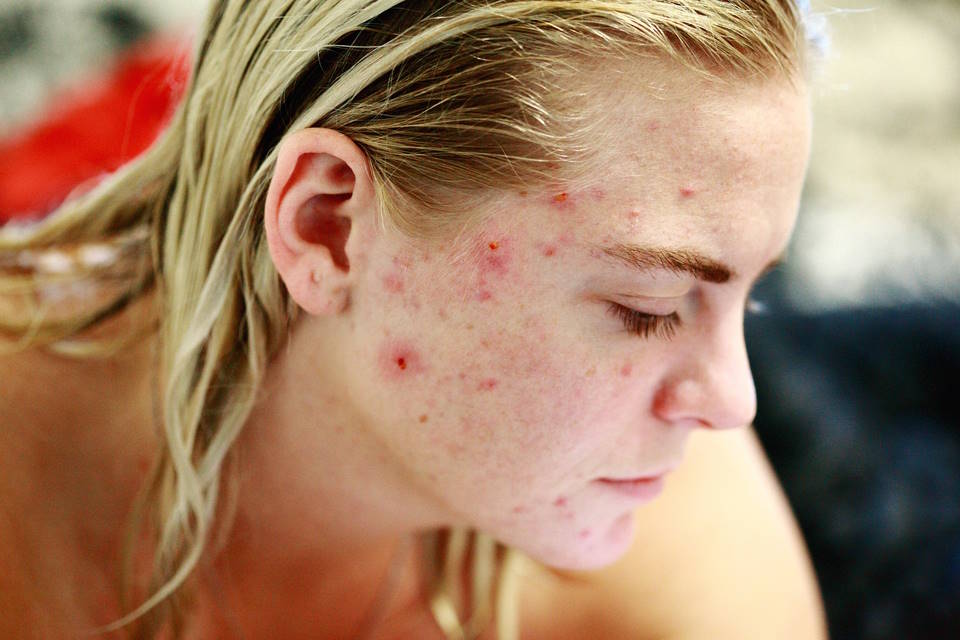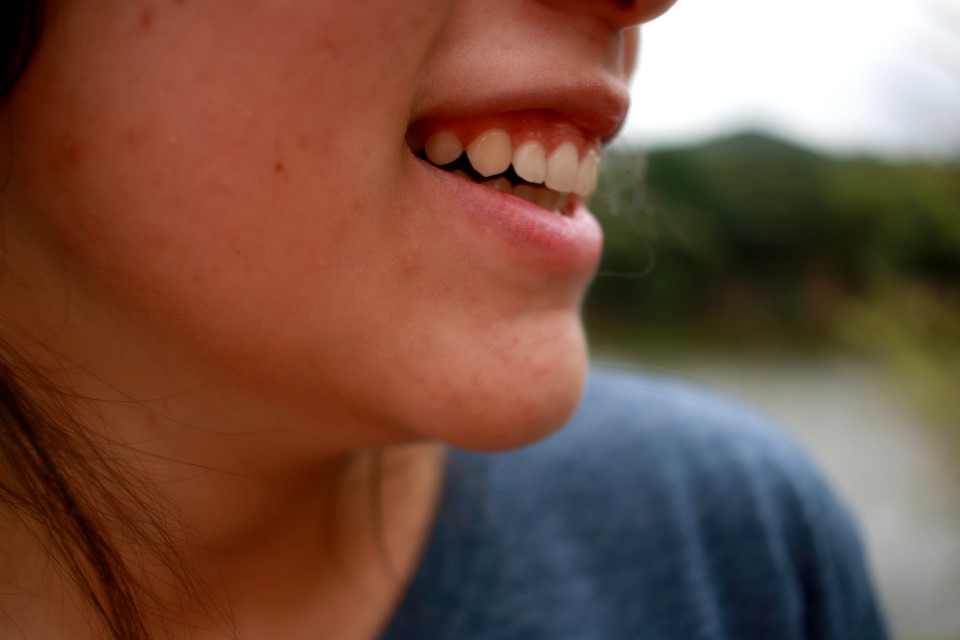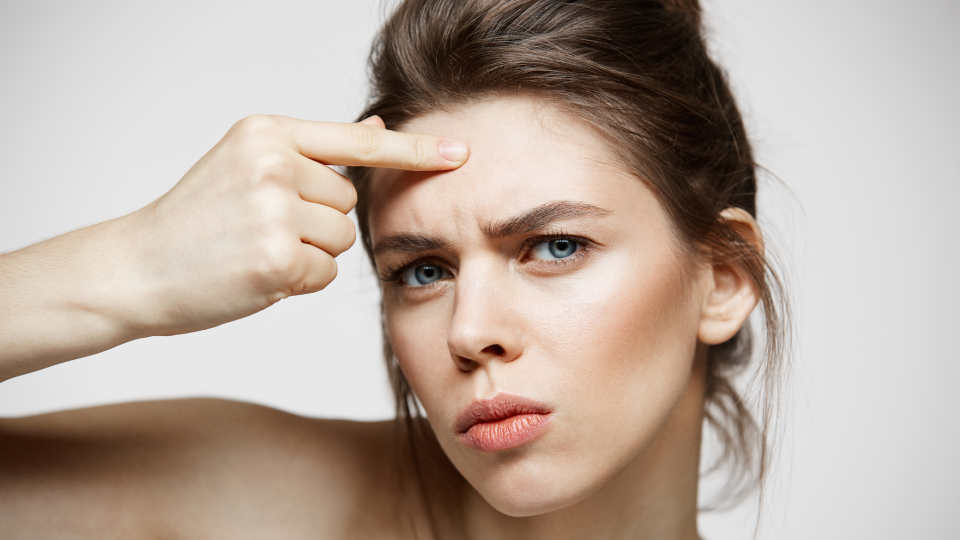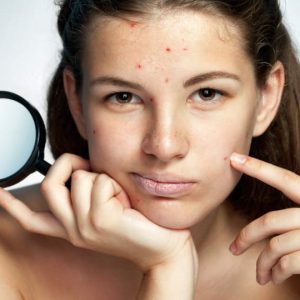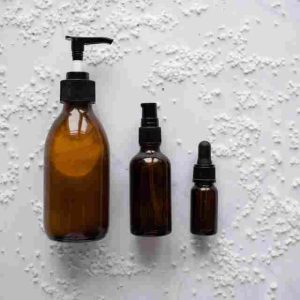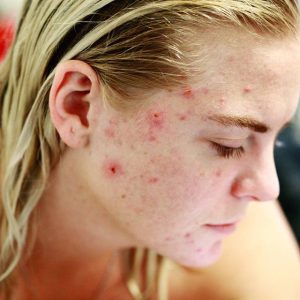Acne is a common skin condition that affects individuals of all ages. It can be frustrating and can even affect a person’s self-esteem. Many factors can contribute to the development of acne, including genetics, hormones, and diet. We will explore the connection between eggs and acne. There are mixed opinions and conflicting information about whether or not eggs cause acne. Some sources claim that eggs can exacerbate acne, while others argue that eggs can be beneficial to the skin. We will examine these claims and provide you with the most accurate information to determine whether or not eggs should be avoided if you have acne. Additionally, we will share a list of seven foods that are known to cause acne, so you can make informed decisions about what you eat. So, let’s get started!
Introduction
Acne is a skin condition that can be caused by various factors. Some of these factors include a poor diet, hormonal changes, genetics, and poor hygiene habits. There are widespread myths about acne and its causes. One of the most popular is that eggs can cause acne. So, do eggs cause acne?
First of all, the relationship between eggs and acne is not a direct one. There is no scientific evidence that suggests that eggs can cause acne. However, eating eggs may indirectly contribute to the development of acne in some people. For instance, some people may be allergic to eggs. Egg allergies can cause skin irritation, inflammation, and other reactions that could lead to acne.
- Another way that eggs may contribute to acne is through their high protein content. Protein is essential for the growth and repair of body tissues, including skin tissues. However, when consumed in excess, protein can stimulate the production of the hormone insulin-like growth factor (IGF-1). High levels of IGF-1 have been linked to acne development in some people.
- Moreover, eggs are often cooked in oil or butter. These oils can clog pores and cause acne. Eggs are also high in cholesterol, which can lead to the production of excess sebum, a natural oil that can contribute to acne development.
Eggs may indirectly contribute to acne development. However, the relationship between eggs and acne is not a direct or significant one. If you’re concerned about developing acne, it’s essential to maintain good hygiene habits, avoid using harsh skincare products, and consume a balanced diet that includes whole grains, fresh fruits and vegetables, lean proteins, and healthy fats such as omega-3 fatty acids.
Do Eggs Cause Pimples?
When it comes to the topic of acne, people often wonder if there is a correlation between their diet and breakouts. One food that is commonly questioned is eggs. So, the question is: do eggs cause pimples?
The answer is not clear-cut. While some studies suggest that there may be a link between high egg consumption and acne, other studies have found no significant association. It is important to keep in mind that everyone’s body reacts differently to certain foods, and there are many other factors that can contribute to acne, such as genetics, hormones, and skincare habits.
However, it is worth noting that eggs contain biotin, which is a nutrient that can potentially exacerbate acne in some people. Biotin is essential for healthy skin, hair, and nails, but consuming excessive amounts can lead to breakouts. If you are someone who is prone to acne, it may be worth monitoring your biotin intake and considering reducing your egg consumption if you notice a correlation between the two.
| Foods that may aggravate acne: | Foods that may improve acne: |
|---|---|
|
|
Are Eggs Good or Bad for Acne?
Acne is a skin condition that affects many people, especially during adolescence. It is caused by a combination of factors including hormonal imbalances, genetics, and lifestyle choices such as diet. There are many myths surrounding the relationship between diet and acne, including the popular belief that eggs can cause acne. So, are eggs good or bad for acne?
Firstly, it’s important to understand that acne is not caused by a single food or ingredient. Rather, it is a complex condition that is influenced by many factors. While certain foods may exacerbate acne for some individuals, there is no definitive evidence linking eggs to acne.
- Eggs are a good source of protein, which is essential for healthy skin. Protein helps to build and repair tissues, including the skin.
- Eggs also contain vitamins and minerals that are important for skin health, such as vitamin D and zinc.
- However, some people may be allergic to eggs, and allergies can cause skin irritation and inflammation. If you notice skin problems after eating eggs, it may be worth getting tested for an egg allergy.
Does Eating Eggs Cause Skin Problems?
There has been a long-standing debate on whether eggs are good or bad for your skin. Some people believe that consuming eggs could trigger acne and other skin problems. But is there any scientific evidence to support these claims? Let’s dive deeper into the topic to find out.
Eggs are loaded with essential nutrients that are required by our body to function optimally. They are a rich source of protein, vitamin D, and omega-3 fatty acids. These nutrients help in strengthening the immune system, improving bone health, and reducing inflammation in the body. However, some people may develop an allergic reaction to eggs, which can cause skin rashes, hives, and other symptoms.
When it comes to acne, there is limited research available on the role of eggs in causing breakouts. Some studies suggest that consuming foods that have a high glycemic index, such as white bread, cheese, and eggs, could potentially trigger acne. This is because these foods can increase insulin levels in the body, which in turn leads to excess oil production and clogged pores. However, these findings are not conclusive, and more research is needed to establish a definite link between eggs and acne.
So, what is our take on this?
- If you are not allergic to eggs, then you can consume them in moderation as part of a healthy and balanced diet.
- However, if you notice a correlation between eating eggs and developing skin problems, it is best to avoid them altogether and consult a doctor.
Eggs are not necessarily bad for your skin. They are a nutritious food that can provide numerous health benefits. However, if you have a pre-existing skin condition or an egg allergy, it is better to steer clear of them. At the end of the day, a healthy and balanced diet, coupled with proper skincare and lifestyle habits, is the best way to achieve clear and glowing skin.
What Are 7 Foods That Cause Acne?
Acne is a common skin problem that affects millions of people worldwide. Although the exact cause of acne is still not known, it is believed that many factors contribute to it, including diet and lifestyle. In particular, certain foods are known to trigger acne, and avoiding them can help to improve the condition of your skin. Here are 7 foods that cause acne:
- Dairy Products: Milk, cheese, and other dairy products have been linked to acne, possibly due to the hormones present in these foods.
- Sugar: Refined sugar and sugary drinks can cause inflammation in the body, leading to acne and other skin problems.
- High Glycemic Index Foods: Foods that are high in carbohydrates and have a high glycemic index, such as white bread, pasta, and rice, can cause a spike in blood sugar levels and exacerbate acne.
- Fried Foods: Fried foods are high in unhealthy fats that can cause inflammation in the body and lead to acne breakouts.
- Processed Foods: Processed foods, such as chips, crackers, and snack foods, often contain high amounts of salt, sugar, and unhealthy fats, all of which can contribute to acne.
- Fast Foods: Fast foods are typically high in calories, unhealthy fats, and sugar, all of which can lead to inflammation in the body and cause acne breakouts.
- Alcohol: Alcohol can cause inflammation in the body, leading to acne breakouts, particularly in those with sensitive skin.
While these foods are known to contribute to acne, it’s important to note that everyone’s body is different, and what triggers acne in one person may not affect another. However, if you suffer from acne, it’s worth trying to avoid these foods and see if it helps to improve the condition of your skin.
